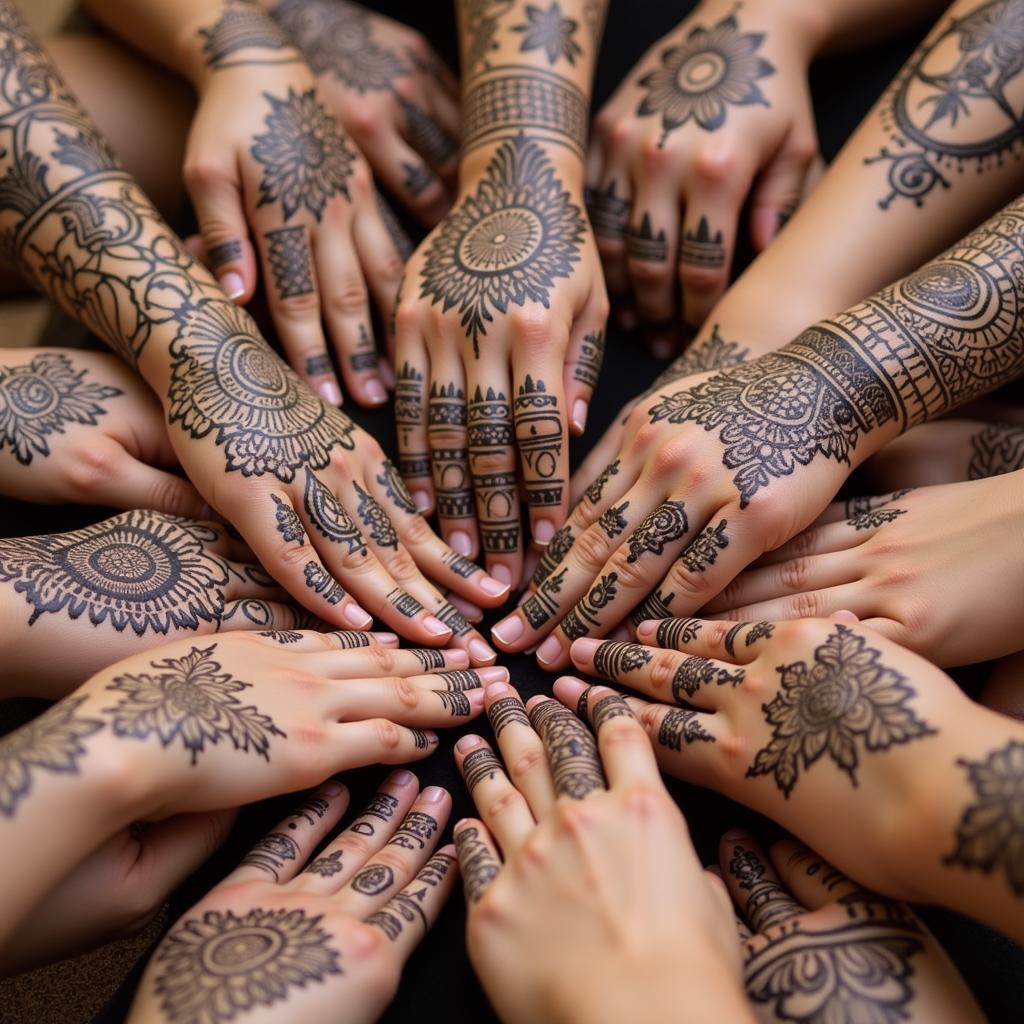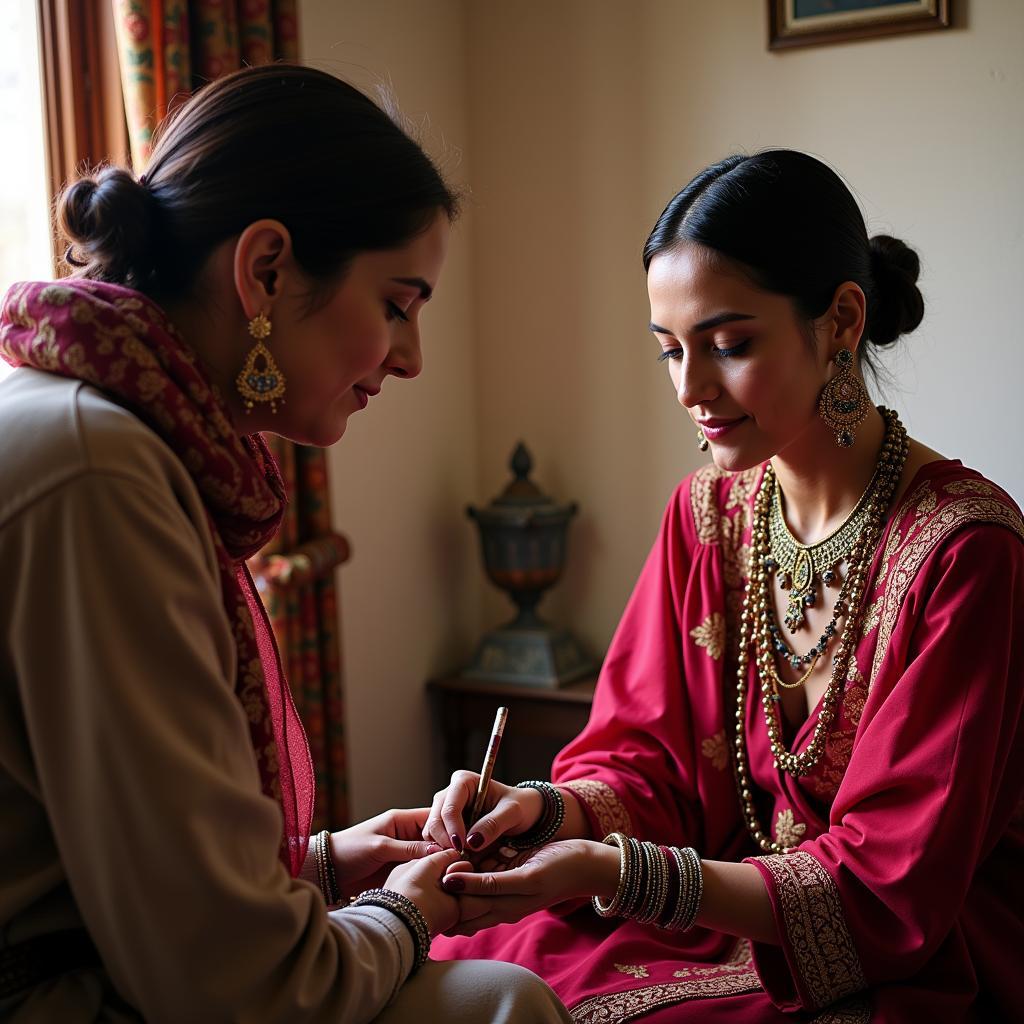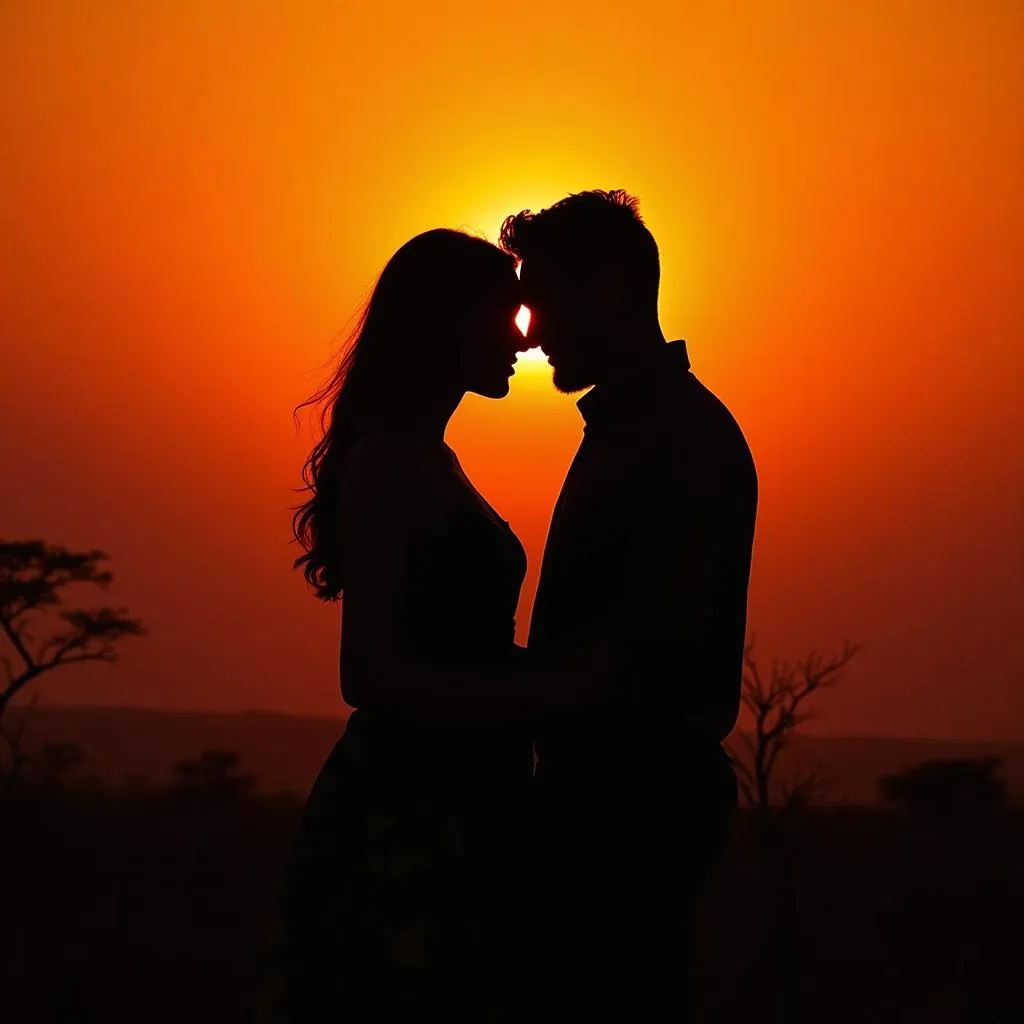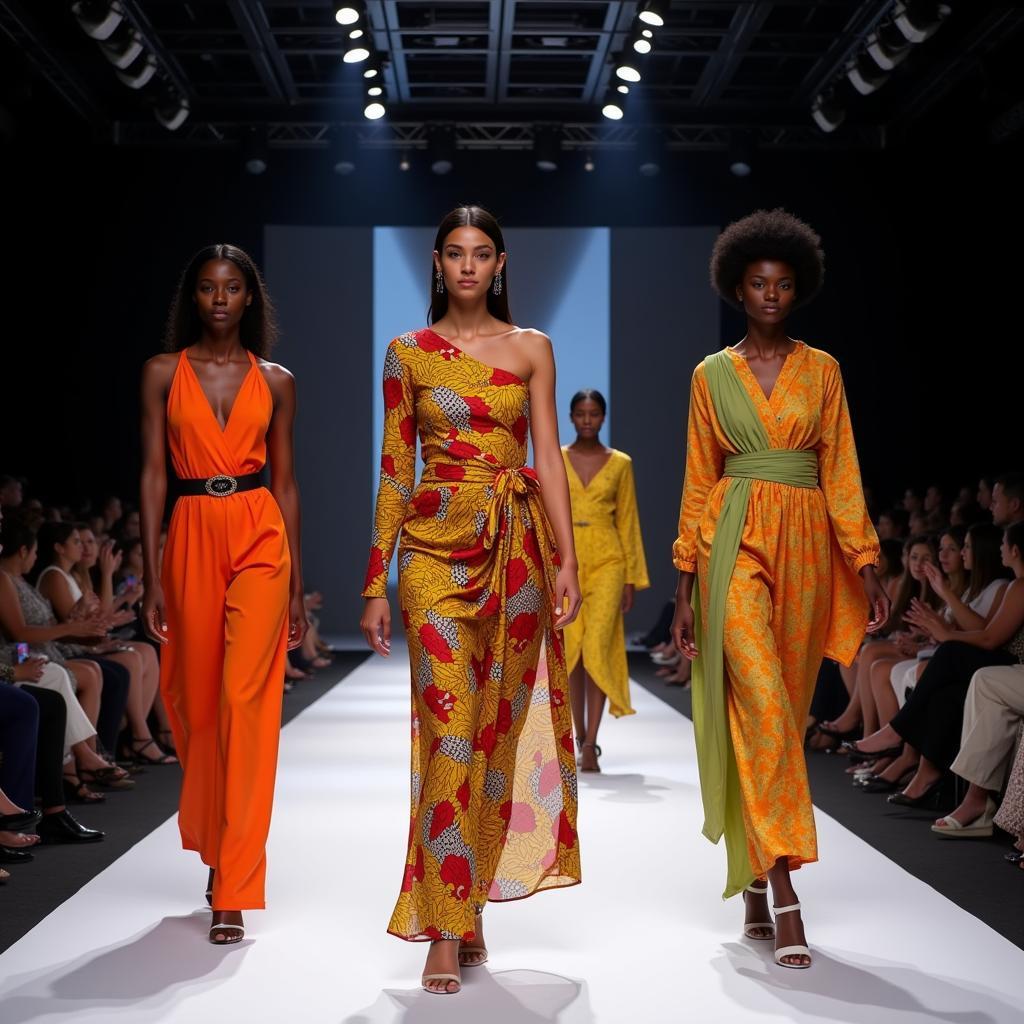The Enduring Allure of African Henna Tattoos
African Henna Tattoos are more than just skin decoration; they are an ancient art form deeply intertwined with the continent’s rich cultural heritage and traditions. For centuries, these intricate designs have adorned the bodies of men and women, serving as powerful symbols of beauty, spirituality, and social status. From the arid landscapes of North Africa to the vibrant communities of Sub-Saharan Africa, henna tattoos continue to captivate with their intricate patterns and captivating stories.
A Journey Through Time: Unveiling the History of Henna in Africa
The use of henna, a flowering plant scientifically known as Lawsonia inermis, for body art can be traced back thousands of years. Archaeological evidence suggests that ancient Egyptians used henna to stain their fingernails and hair as early as the Bronze Age. Over time, the art of henna painting, known as “mehndi” in some cultures, spread throughout North Africa and the Middle East, eventually reaching the Indian subcontinent and Southeast Asia.
In Africa, henna found a welcoming home, particularly in regions where the plant thrived, such as North Africa and parts of East Africa. The Berber people of North Africa, known for their distinctive culture and artistry, embraced henna as an integral part of their traditions. Henna tattoos became an essential element of celebrations, rituals, and everyday life.
 Intricate African Henna Tattoo Designs
Intricate African Henna Tattoo Designs
From Rituals to Celebrations: The Cultural Significance of African Henna Tattoos
The significance of henna tattoos in Africa extends far beyond mere aesthetics. They play a vital role in numerous cultural practices and ceremonies. In many African societies, henna is believed to possess baraka, a spiritual power or blessing. As a result, henna tattoos are often applied during important life events, such as births, weddings, and religious holidays.
Weddings and Henna: A Celebration of Love and Beauty
Henna plays a particularly significant role in traditional African weddings. In many cultures, elaborate henna designs are applied to the bride’s hands and feet in the days leading up to the wedding ceremony. These intricate patterns, often incorporating symbolic motifs representing fertility, prosperity, and good luck, are believed to enhance the bride’s beauty and bring blessings to the marriage.
Henna as a Symbol of Femininity and Identity
Beyond weddings, henna tattoos are often used to celebrate womanhood and female empowerment. In some cultures, young girls receive their first henna tattoos as a rite of passage into adulthood. These tattoos serve as visual markers of their transition into womanhood and their evolving roles within the community.
Henna and Healing: Traditional Remedies and Beliefs
In addition to their aesthetic and symbolic value, henna tattoos are also associated with healing properties in some African cultures. Henna paste is believed to have cooling properties and is sometimes applied to the skin to alleviate headaches, fevers, and other ailments.
 Moroccan Woman Applying Henna
Moroccan Woman Applying Henna
The Art of Adornment: Exploring African Henna Designs and Motifs
African henna tattoo designs are as diverse as the continent itself, with each region and ethnic group boasting its unique artistic traditions and symbolism. From the bold geometric patterns of North Africa to the delicate floral motifs favored in East Africa, the artistry of African henna reflects the cultural tapestry of the continent.
North African Henna: Bold Geometry and Symbolic Motifs
North African henna designs, particularly those of the Berber people, are characterized by their intricate geometric patterns, often incorporating stylized representations of animals, plants, and celestial bodies. These designs are typically applied with bold lines and sharp angles, creating a striking visual impact.
East African Henna: Delicate Florals and Intricate Details
In contrast to the bold designs of North Africa, East African henna tattoos tend to favor more delicate and intricate patterns. Floral motifs, such as vines, leaves, and blossoms, are particularly popular, often interwoven with delicate lines and dots to create a sense of elegance and grace.
Beyond Tradition: African Henna Tattoos in the Modern World
Today, African henna tattoos continue to evolve, blending traditional techniques with contemporary aesthetics. While they remain deeply rooted in cultural heritage, they have also transcended geographical boundaries and found a place in the global art scene.
Modern interpretations of African henna often incorporate elements of other tattoo styles, such as dotwork, mandala, and even realism. This fusion of traditional and contemporary aesthetics has breathed new life into the art form, attracting a new generation of henna enthusiasts worldwide.
Conclusion: Embracing the Timeless Beauty of African Henna Tattoos
African henna tattoos are more than just temporary body art; they are a testament to the continent’s rich cultural heritage and the enduring power of tradition. From their ancient origins to their modern interpretations, these intricate designs continue to captivate and inspire, offering a glimpse into the diverse beauty and artistic traditions of Africa. Whether adorning the hands of a bride on her wedding day or serving as a symbol of cultural pride, African henna tattoos remain a powerful expression of identity, beauty, and the enduring spirit of a continent.
FAQs about African Henna Tattoos
1. How long do African henna tattoos last?
African henna tattoos typically last for one to three weeks, depending on factors such as skin type, aftercare, and the quality of henna paste used.
2. Are African henna tattoos safe?
Yes, genuine henna tattoos made with natural henna powder and lemon juice are generally safe for most people. However, it’s crucial to avoid black henna, which often contains a chemical dye that can cause allergic reactions and skin irritation.
3. Can I get an African henna tattoo if I’m not African?
Absolutely! African henna tattoos are appreciated and enjoyed by people from all walks of life. It’s important to approach this art form with respect for its cultural significance and to choose designs that resonate with you personally.
4. Where can I find a reputable henna artist specializing in African designs?
Many talented henna artists specialize in African designs. You can search online for artists in your local area or connect with henna communities on social media platforms.
5. What are some tips for caring for my African henna tattoo?
To prolong the life of your henna tattoo, avoid scrubbing the area, keep it moisturized with natural oils, and limit exposure to hot water and harsh soaps.
For further exploration of African beauty traditions, you can delve into the captivating world of African eye makeup or discover the diverse range of African beauty practices. Moreover, if you’re interested in understanding the broader concept of beauty on the continent, be sure to check out the insightful article on African aesthetics.
Don’t hesitate to reach out to us if you have any questions or need further assistance. You can contact our dedicated customer support team 24/7 at +255768904061 or via email at kaka.mag@gmail.com. We’re also located at Mbarali DC Mawindi, Kangaga, Tanzania. Let us help you explore the captivating world of African culture and beauty!




